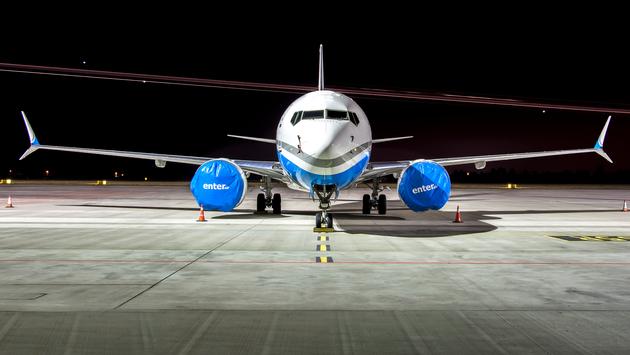FAA Chief Completes Boeing 737 MAX Test Flight, Not Ready to Approve Plane’s Return

On Wednesday, September 30, the head of the Federal Aviation Administration (FAA), Steve Dickson, completed an evaluative test flight of Boeing’s persistently troubled 737 MAX model aircraft.
The FAA Chief had previously announced his intentions to pilot a final test flight of the 737 MAX himself before it becomes eligible for recertification.
According to reports from CNBC and Reuters, Dickson came out of the nearly two-hour test run feeling “upbeat” about the fixes that have been made to the 737 MAX since a faulty onboard control system, known as MCAS, caused two fatal plane crashes within a five-month period.
The linked accidents led the FAA to order the grounding of all 737 MAX models worldwide in March 2019 and left airlines scrambling to find other aircraft to substitute on routes previously flown aboard 737 MAX planes. Boeing immediately began work to correct the issue on its bestselling aircraft, though there have been several bumps in the road thus far.
In preparation for the test run, Dickson and his top deputy, Daniel Elwell, had completed a special training course, which has been proposed as a requisite for all potential 737 MAX pilots. Dickson, who formerly served as both a military and commercial pilot, noted that he hadn’t flown a 737 in nearly 15 years, but said, “I like what I saw on the flight,” and, “I felt that the training prepared me to be very comfortable.”
For the purposes of the assessment, he piloted the Boeing 737 MAX 7, which is the smallest model in the family of planes, landing at the Seattle area’s King County International Airport (also referred to as ‘Boeing Field’).
While industry sources have said that the FAA may lift the grounding order in late November, provided that continued test flights and regulatory reviews go smoothly, Dickson made clear that the agency hasn’t set a firm timeline for issuing its approval.
“We are not to the point yet where we have completed the process,” Dickson explained. “The FAA and I, in particular, will not approve the plane for return to passenger service until I’m satisfied that we’ve adequately addressed all of the known safety issues that played a role in the tragic loss of 346 lives.”
